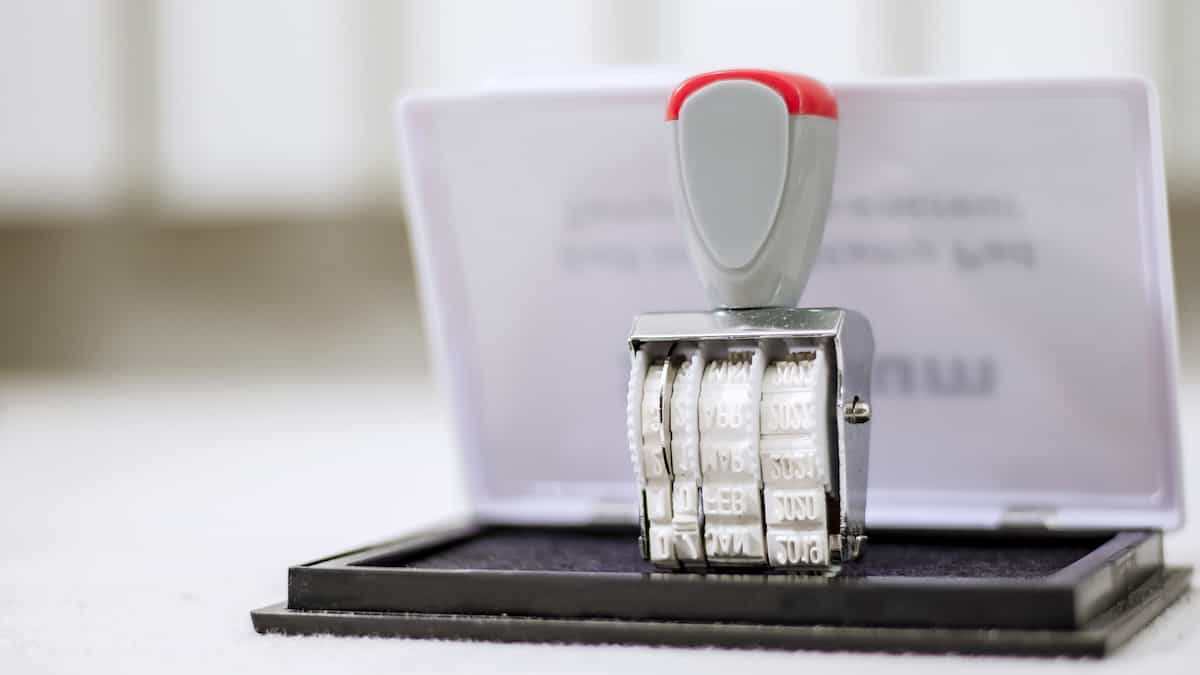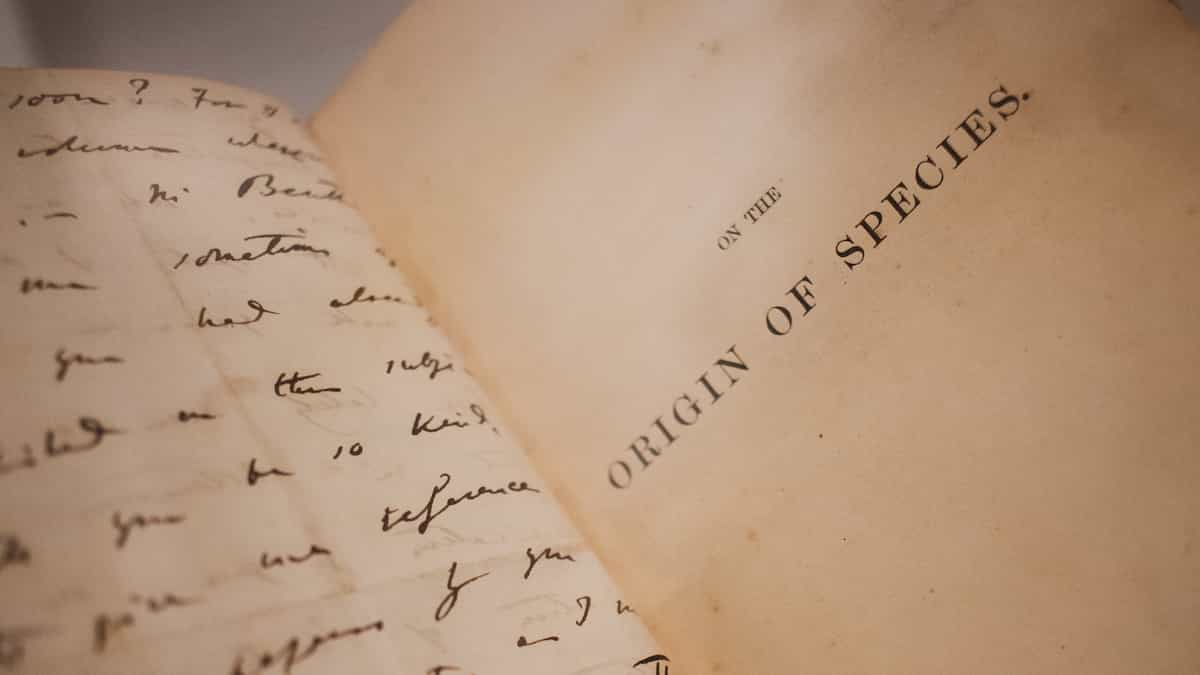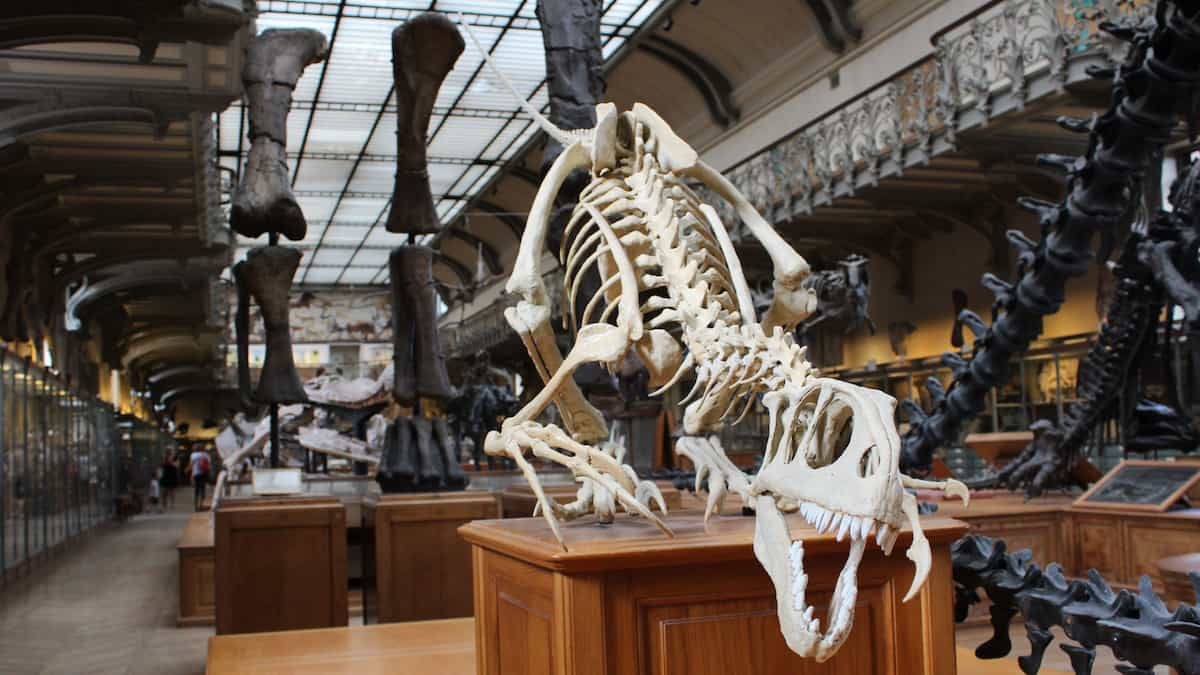Form Completion Questions in IELTS Listening
Learn about Form completion questions in IELTS listening with an overview, recommended strategy and practice questions.
by Tim Martyn

Overview
Form completion questions test your ability to understand main ideas/facts in a recording.
Here are some key points about Form completion questions:
- You’ll be asked to fill in gaps in a form. It’s much less common, but you could be asked to select from a list of possible answers instead.
- Generally speaking, you don’t need to change the words used in the recording in any way – just write down the words as they are in the recording. However, if one of the answers is a date, you may have to make some minor adjustments so that your answer fits within the word/number limit.
- You’ll hear the answers in order in the recording. That is, you’ll hear the answer to Question 1 before the answer to Question 2.
- The questions are based on main points/facts that a listener would naturally write down. They aren’t based on obscure details.
- In theory, they could appear in any part of the listening test, but they’re most likely to appear in Part 1.
Example questions
Here are some example Form completion questions relating to a conversation about volunteering in a hospital.
You can try these questions in the practice section.
Questions 1 – 5
Complete the form. Write NO MORE THAN ONE WORD AND/OR A NUMBER in each gap.
Recommended strategy
Here’s my recommended strategy for answering Form completion questions.
Before you listen
- Read the instructions carefully. In particular, take note of how many words and/or numbers you’re allowed to write. For instance, the instructions might say that you can write NO MORE THAN ONE WORD AND/OR A NUMBER. This means that, if you write two words, or two numbers and a number, etc. for one of the answers, it’ll be marked wrong.
- You’ll be given time to study the form. Make sure you do this as it can help you predict what the speaker(s) will talk about.
- Take note of any sections in the form. These will help you follow the conversation.
- Circle/highlight key words in the form. Key words help you follow the form, but keep in mind that synonyms are often used in the recording.
- If you’re doing the computer-delivered IELTS, put your cursor in the first blank so that you’re ready to type.
While you’re listening
- Follow the form as you listen to the recording. Listen for key words – these will tell you when an answer is being / is about to be given.
- Be wary of distractors. These are plausible answers in the recording that aren’t actually correct – they’re just there to distract you from the correct answer. Distractors are very common in Form completion questions. This is because, in Part 1, the answers are usually fairly simple words and numbers, so some distraction is needed to make sure test takers understand the recording.
- After you write/type an answer, don’t spend too long thinking about what you’ve written/typed. Instead, keep following the form so that you’re ready for the next answer. You’ll have time to check your answers after the recording.
- If you’re doing the computer-delivered IELTS, move your cursor into the next blank so that you’re ready to type. Alternatively, you can press the Tab key on your keyboard to move the cursor between blanks.
After you listen
Once the recording has finished, check your answers and make changes if necessary. Make sure that:
- you have followed the instructions in terms of the number of words/numbers you can use;
- the words that you’ve written/typed fit grammatically – for instance, if a gap requires a noun, but you’ve used a verb, it’s almost certainly wrong;
- your spelling is correct.
Practice questions
Now it’s your turn to practise. Answer the Form completion questions using the steps outlined above.
Questions 1 – 5
Complete the form. Write NO MORE THAN ONE WORD AND/OR A NUMBER in each gap.
Feedback
Click below for the answers and transcript.
The correct answer is “Steel”.
Here’s the relevant part of the recording:
JULIE: It’s Julie – Julie Steel.
PETER: Is that S – T – double E – L – E?
JULIE: Almost – just without the final E.The correct answer is “August 17(th)” or “17(th) August”.
Here’s the relevant part of the recording:
PETER: And your date of birth? We just need it for our records.
JULIE: Of course – it’s August the seventeenth, 1965.The correct answer is “Thursdays”.
Here’s the relevant part of the recording:
PETER: OK, thanks for that. Now, which days of the week would you be available? Just so you know – our volunteers work one day a week. But if you could tell me a couple of days that would suit you, that’d be great. I’ll be able to confirm what your day will be once I’ve spoken to the unit manager.
JULIE: Well, Mondays would definitely work. I look after my grandson on Tuesdays, so that’d be out, I’m afraid. Um, how about we put down Thursdays as well. I was about to suggest Fridays, but my husband needs the car that day, so I wouldn’t have any way of getting to the hospital.The correct answer is “museum”.
Here’s the relevant part of the recording:
PETER: OK, great – I’ve noted that down. And have you done any volunteering before?
JULIE: Not a whole lot, to be honest. But I did help out a bit at the museum when I was at university – just answering the phones. Does that count?The correct answer is “Polish”.
Here’s the relevant part of the recording:
PETER: Yes, definitely – I’ll put that down. Um, let’s see. Ah, yes – one more thing. We actually have quite a lot of patients from non-English-speaking backgrounds. I don’t suppose you speak any other languages, do you?
JULIE: Ah, well, I did six years of German at school – can’t speak a word of it now, though. But my husband’s from Kraków, so I’ve picked up a fair bit of Polish over the years. I’m actually fairly fluent now.PETER: Good morning – Gordon Hospital – Peter speaking.
JULIE: Hi – yes, I’m calling to find out about volunteering at the hospital. I recently retired, you see, and I’d like to do something useful with the extra time.
PETER: That’s great – we’re always in need of volunteers. I’ll just need to take down some details. Could I start with your name, please?
JULIE: It’s Julie – Julie Steel.
PETER: Is that S – T – double E – L – E?
JULIE: Almost – just without the final E.
PETER: And your date of birth? We just need it for our records.
JULIE: Of course – it’s August the seventeenth, 1965.
PETER: OK, thanks for that. Now, which days of the week would you be available? Just so you know – our volunteers work one day a week. But if you could tell me a couple of days that would suit you, that’d be great. I’ll be able to confirm what your day will be once I’ve spoken to the unit manager.
JULIE: Well, Mondays would definitely work. I look after my grandson on Tuesdays, so that’d be out, I’m afraid. Um, how about we put down Thursdays as well. I was about to suggest Fridays, but my husband needs the car that day, so I wouldn’t have any way of getting to the hospital.
PETER: OK, great – I’ve noted that down. And have you done any volunteering before?
JULIE: Not a whole lot, to be honest. But I did help out a bit at the museum when I was at university – just answering the phones. Does that count?
PETER: Yes, definitely – I’ll put that down. Um, let’s see. Ah, yes – one more thing. We actually have quite a lot of patients from non-English-speaking backgrounds. I don’t suppose you speak any other languages, do you?
JULIE: Ah, well, I did six years of German at school – can’t speak a word of it now, though. But my husband’s from Kraków, so I’ve picked up a fair bit of Polish over the years. I’m actually fairly fluent now.
PETER: Ah, that’s impressive. I’d love to be able to speak another language! OK, that’s all I need for now. So, let me explain what our volunteers actually do at the hospital.
















